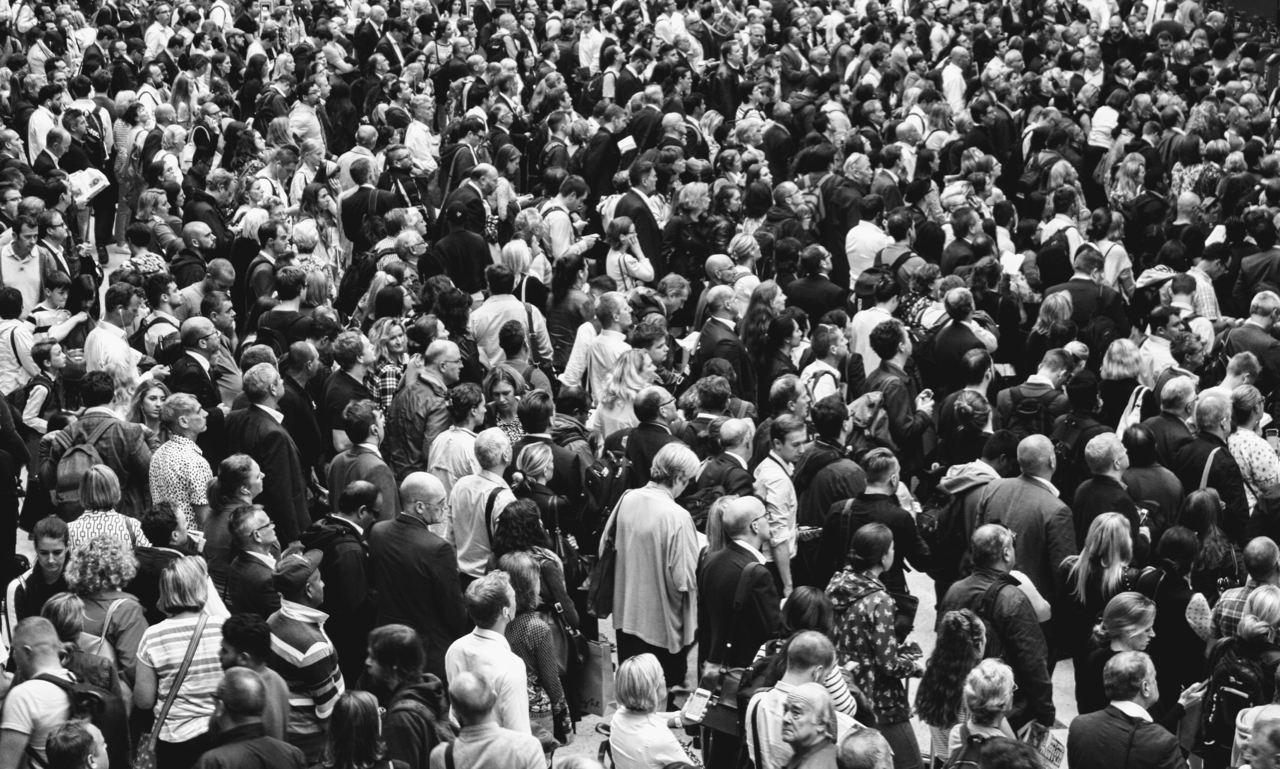- Vulnerable groups, like elderly people, refugees, children.
A Canadian colleague wrote: ‘Like many others at the present time, I am quite consumed with the effects the COVID-19 is having. Yet, I am mostly worried about the life of many vulnerable groups. At this time in particular, I am concerned about those individuals who depend on informal care for their day to day living and dignity, especially the case of older adults in assisted care who are in a lockdown housing complex.’ ‘I would hope that one of the areas to examine would be the right to have access to professional psychological support during this type of crisis. Given some of our (Lynne Gouliquer and I’s) recent research with ageing people, on the one hand, and with informal care givers on the other, when I voice my concern, it is about these two groups that I am thinking, but there are many others (e.g., individuals living in refugee camps, survivors of floods or earth quake). It seems to me that there is a lot to do on these fronts, especially as demographics of our population ages’

